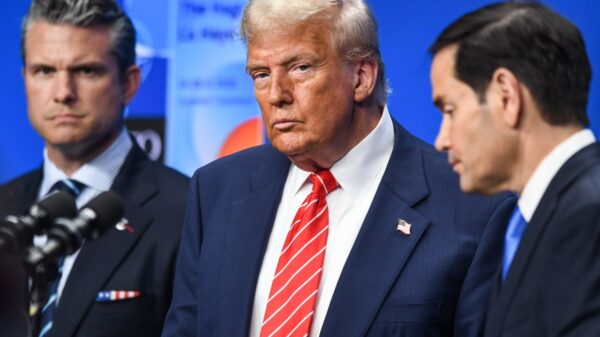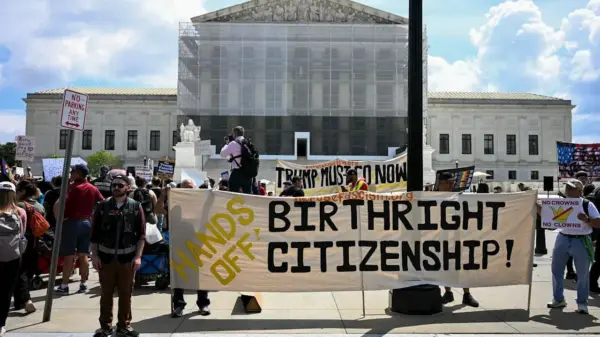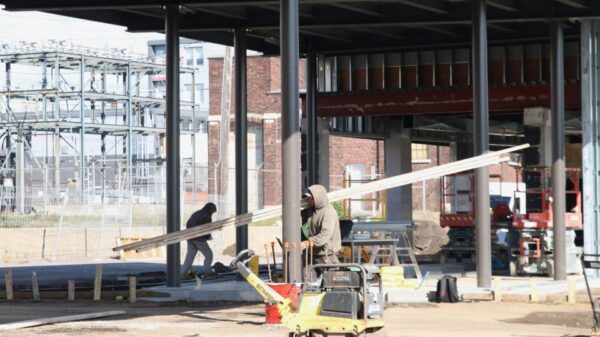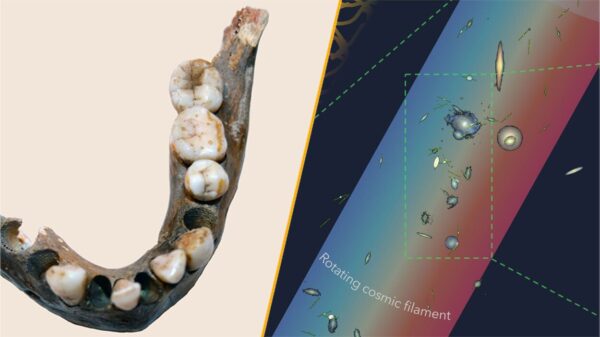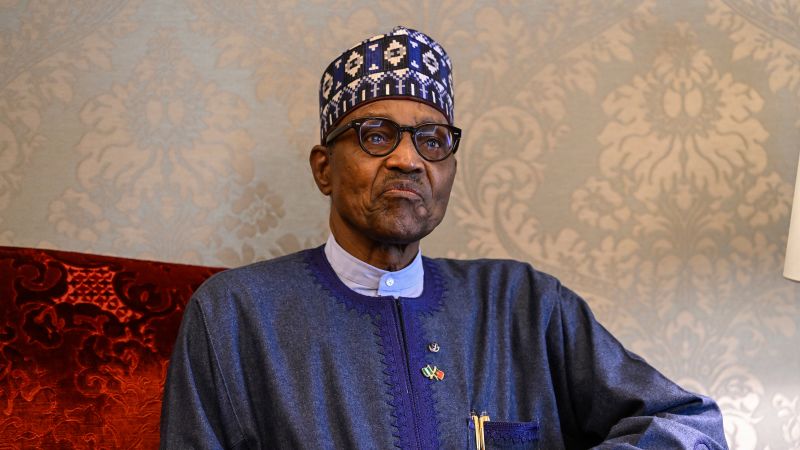Former Nigerian President Muhammadu Buhari has died at the age of 82, as confirmed by a statement from the presidential press office on Sunday. Buhari passed away in London at approximately 16:30 local time following a “prolonged illness.” The current president of Nigeria, Bola Ahmed Tinubu, extended his condolences to Buhari’s family and instructed his vice president to travel to the United Kingdom to assist in the repatriation of Buhari’s body back to Nigeria.
Buhari served as president from 2015 until 2023, after winning the election following three previous unsuccessful attempts. He was re-elected for a second four-year term in 2019. His political career was marked by a strong commitment to tackling government corruption, a theme he championed since his time as a military ruler. Buhari first came to power in a military coup in 1983 but was ousted in another coup two years later.
Buhari’s Legacy and Impact on Nigeria
During his tenure, Buhari was noted for his rigorous anti-corruption initiatives in a country often described as “fantastically corrupt” by former British Prime Minister David Cameron. Observers recognize his efforts to address the pervasive corruption that has plagued Nigeria for decades. Furthermore, Buhari’s administration faced significant challenges, particularly regarding the Boko Haram insurgency in the northeast, which has created persistent security issues in the region.
Buhari was born in December 1942 in Daura, a town in Katsina state, located in Nigeria’s northern region. His military training took place in various locations, including Kaduna state, Great Britain, India, and the United States. He gained political prominence in 1975 when a military coup led to the removal of then-ruler Yakubu Gowon, after which Buhari was appointed as the military governor of Borno state, an area significantly affected by Boko Haram violence.
Reactions and Condolences
The announcement of Buhari’s death evoked a wave of reactions across Nigeria and beyond. President Tinubu’s statement underscored the profound impact Buhari had on the nation. Tinubu expressed his sorrow and highlighted Buhari’s dedication to Nigeria. The loss is felt not only within political circles but also among the millions who viewed Buhari as a pivotal figure in Nigeria’s fight against corruption and insecurity.
Buhari’s death marks the end of an era in Nigerian politics, characterized by both military and civilian governance. His legacy will likely be debated for years to come, as citizens and historians reflect on his contributions and the challenges he faced during his time in office.










